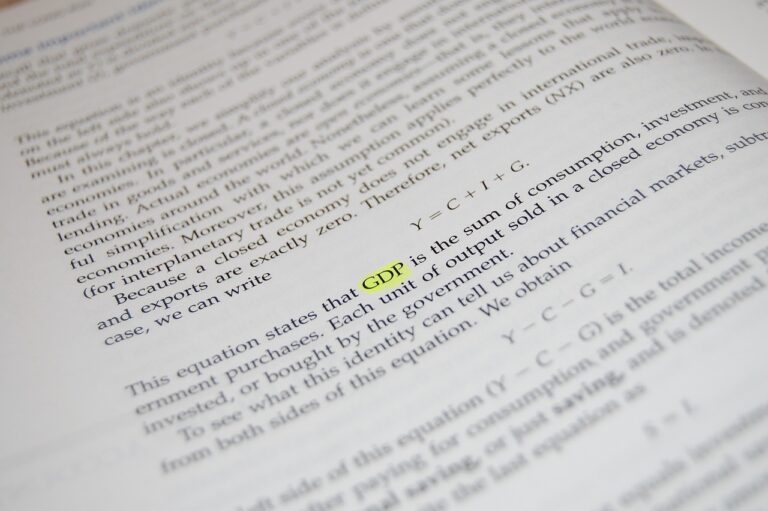Leveraging Machine Learning for Personalized Learning Paths: World777, 11xplay pro, Betbook247 app login
world777, 11xplay pro, betbook247 app login: Machine learning has revolutionized many industries, from healthcare to finance to marketing. One area where machine learning can make a significant impact is in education, specifically in the realm of personalized learning paths. By leveraging machine learning algorithms, educators can tailor educational experiences to individual students, helping them learn more effectively and efficiently.
Understanding the power of machine learning in personalized learning paths
Machine learning algorithms can analyze vast amounts of data to identify patterns and make predictions. In the context of education, this means that educators can use machine learning to gather information about a student’s learning preferences, strengths, and weaknesses. By understanding these factors, educators can create personalized learning paths that cater to the individual needs of each student.
By leveraging machine learning for personalized learning paths, educators can ensure that each student receives the support they need to succeed. For example, if a student is struggling with a particular concept, machine learning algorithms can recommend additional resources or exercises to help them master the material. On the other hand, if a student excels in a certain area, machine learning can provide more challenging assignments to keep them engaged and motivated.
The benefits of personalized learning paths are clear: students receive a customized education that meets their unique needs, leading to improved learning outcomes and increased engagement. By harnessing the power of machine learning, educators can unlock new possibilities for personalized learning in the classroom.
Implementing machine learning in education
To implement machine learning in personalized learning paths, educators can start by collecting data on each student’s learning habits, preferences, and performance. This data can be gathered through various means, such as online assessments, quizzes, and feedback forms. Once this data is collected, educators can use machine learning algorithms to analyze it and create personalized learning paths for each student.
There are many machine learning tools and platforms available that can assist educators in creating personalized learning paths. These tools can help educators track student progress, recommend relevant resources, and adjust learning paths based on individual performance. By incorporating machine learning into their teaching practices, educators can take a more data-driven approach to education, leading to better outcomes for their students.
FAQs
Q: How can machine learning improve personalized learning paths?
A: Machine learning algorithms can analyze data to identify patterns and make predictions, allowing educators to create personalized learning paths tailored to each student’s individual needs.
Q: Are there any drawbacks to using machine learning in education?
A: While machine learning can be a powerful tool for personalized learning, it is important to consider issues of privacy and data security when implementing these technologies in the classroom.
Q: How can educators get started with implementing machine learning in personalized learning paths?
A: Educators can start by collecting data on student performance and preferences, then use machine learning algorithms to analyze this data and create personalized learning paths for each student. There are many tools and platforms available to assist educators in this process.







